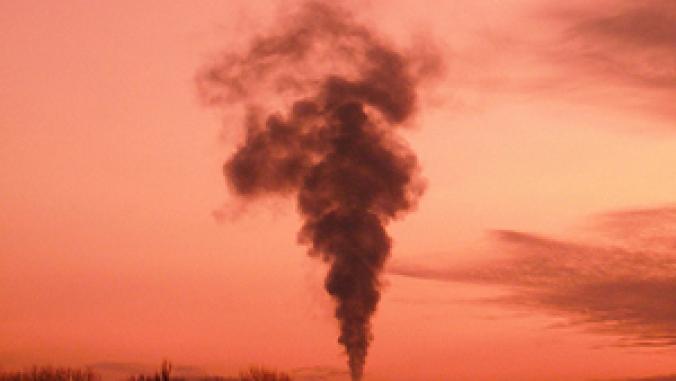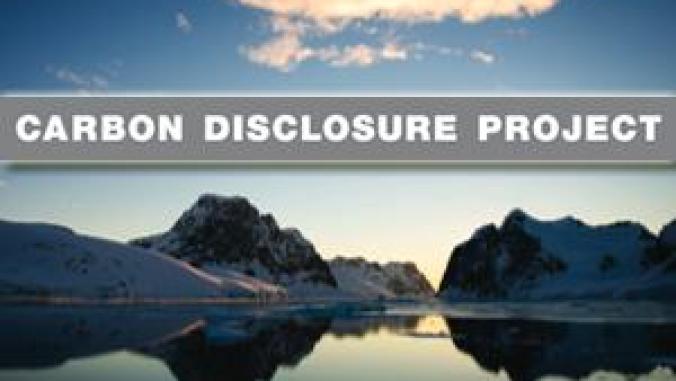Exelon Becomes the Latest to Leave U.S. Chamber Over Climate Bill Opposition
<p>Exelon, one of the largest electric utilities in the U.S., won’t renew its membership with the Chamber, following in the footsteps of Pacific Gas and Electric Co. and Public Service Company of New Mexico (PNM), which both announced their departures last week over the group's opposition to climate legislation.</p>

In an event that is occurring with increasing frequency, another utility has announced it will leave the U.S. Chamber of Commerce over the group’s opposition to climate change legislation.
Exelon, one of the largest electric utilities in the U.S., won’t renew its membership with the chamber, following in the footsteps of Pacific Gas and Electric Co. and Public Service Company of New Mexico (PNM), which both announced their departures last week.
The utilities and other members took exception to the chamber’s call to put climate science on trial, similar to the Scopes Monkey Trial of the 20th century over the teaching of evolution in schools. The chamber later backpedaled, calling the analogy “inappropriate.”
The chamber has also received criticism from other members, such as Johnson and Johnson and Nike, which said last week, “It is not a time for debate but instead a time for action and we believe the chamber’s recent petition sets back important work currently being undertaken by EPA on this issue.”
In a speech delivered at the American Council for an Energy Efficient Economy’s national conference, Exelon Chairman and CEO John W. Rowe said climate inaction is not an option.
“If Congress does not act, the EPA will, and the result will be more arbitrary, more expensive, and more uncertain for investors and the industry than a reasonable, market-based legislative solution,” he said.
Rowe called for a greenhouse gas cap-and-trade program, the cornerstone of the America Clean Energy and Security Act climate legislation working its way through Congress.
“The carbon-based free lunch is over,” Rowe said. “But while we can’t fix our climate problems for free, the price signal sent through a cap-and-trade system will drive low-carbon investments in the most inexpensive and efficient way possible. Putting a price on carbon is essential, because it will force us to do the cheapest things, like energy efficiency, first.”
Similarly, Duke Energy and Alstom Power left the American Coalition for Clean Coal Energy (ACCCE) this year over its work to defeat the climate change bill, which was narrowly approved by the U.S. House of Representatives this summer. Duke Energy also left the National Association of Manufacturers over its climate bill opposition, but remains on the board of directors at the chamber.
Leading the helm at the chamber is Tom Donahue, who has for the last 11 years also served as a member of the board of directors of Union Pacific Railroad, a large coal hauler. According to Pete Altman of the Natural Resources Defense Council, Union Pacific is charged with carrying coal from mines to power plants, such as Wyoming's Powder River Basin, which reportedly produces between 20 percent and 40 percent of the coal produced in the U.S.
Since 1998, Donahue has earned $1.13 million in Union Pacific compensation, in addition to more than 43,000 shares of company stock. Upon leaving the board, Donahue would receive nearly 20,000 more shares of company stock, putting the value of the package at more than $3.8 million based on today's share prices.




